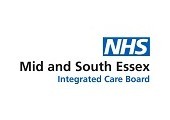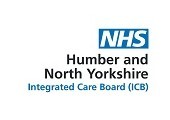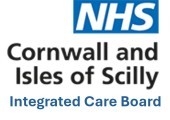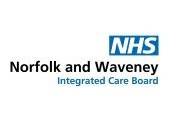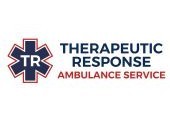Winter Discharge
Weather is one thing that none of us can control.
But when you are a non-emergency patient transport provider you have to prepare for and deal with whatever Mother Nature can throw at you.
For many of the most vulnerable patients we transport, missing a hospital appointment is not only inconvenient, it can have a serious impact on their health. Cancelled transport also impacts on discharges which are needed to maintain flow through hospitals.
This is where our contingency planning comes into effect, working with our local NHS partners to ensure we preserve a safe and effective service for patients when road conditions are dangerous.
This includes rescheduling appointments where possible to minimise the impact on a patient’s treatment plan and make sure those patients who have been identified as needing to travel, such as dialysis, get to their point of care.
In January 2021 the UK was hit by severe snow storms – and nowhere was hit harder than our services in Leicestershire.
Our crews in these areas were tasked with maintaining patient transport services in the most challenges of conditions but our planning and processes meant we were well prepared.
Alex Sanderson, Head of Operations,, said: “There are large rural areas of Leicestershire and many of the patients we transport live in homes that are very difficult to access during severe weather. Just collecting a patient from their home and getting into the ambulance safely can present significant challenges."
We have a number of measures we can take in adverse weather to ensure the continuation of our essential services. These form part of our extensive business continuity arrangements.
One of those measures is the ability to call upon additional 4x4 vehicles to supplement our existing fleet. 4x4 vehicles can be made available at short notice, seven days a week.
Alex added: "A significant part of our work during severe weather is to work closely with our hospital partners to support each other and prioritise those patients who must travel. Through good communications between ourselves, hospitals, healthcare colleagues and patients, we ensure we remain operational for our most vulnerable patients while also protecting the safety of our crews."
We have a number of policies on the processes to follow in adverse weather conditions, for example our crews are given training on the principles of driving in different conditions and the differing vehicles in our fleet.
Our contingency planning ensures that no matter what the weather we are able to put measures in place to ensure we maintain a safe and caring service for our patients.
« BACK




